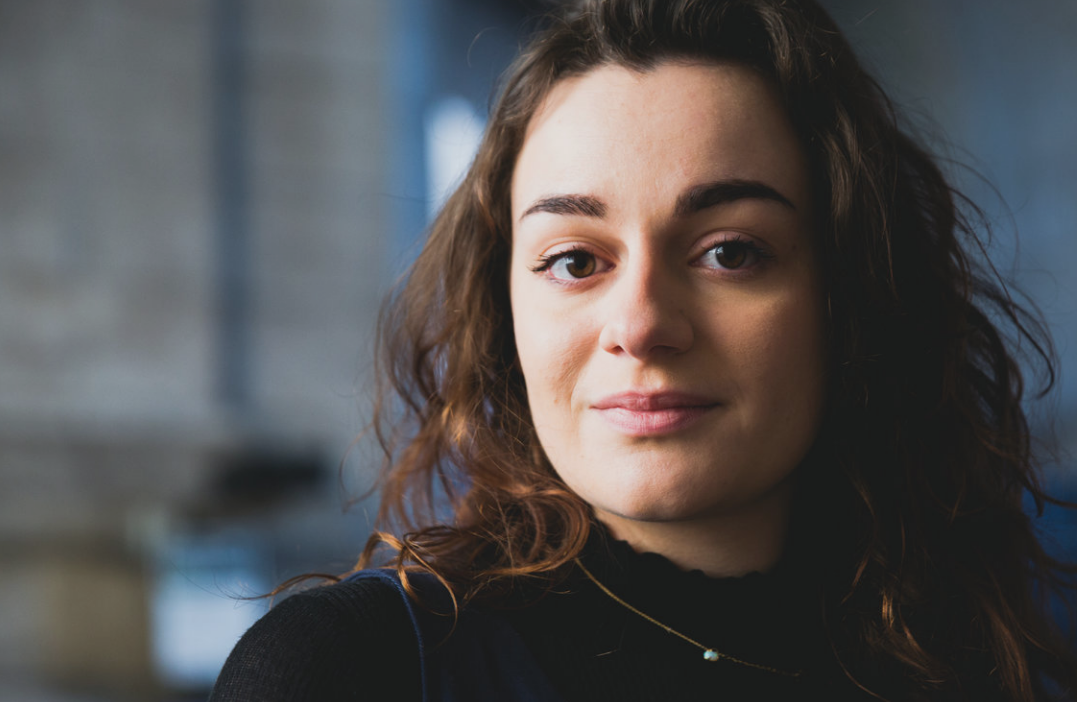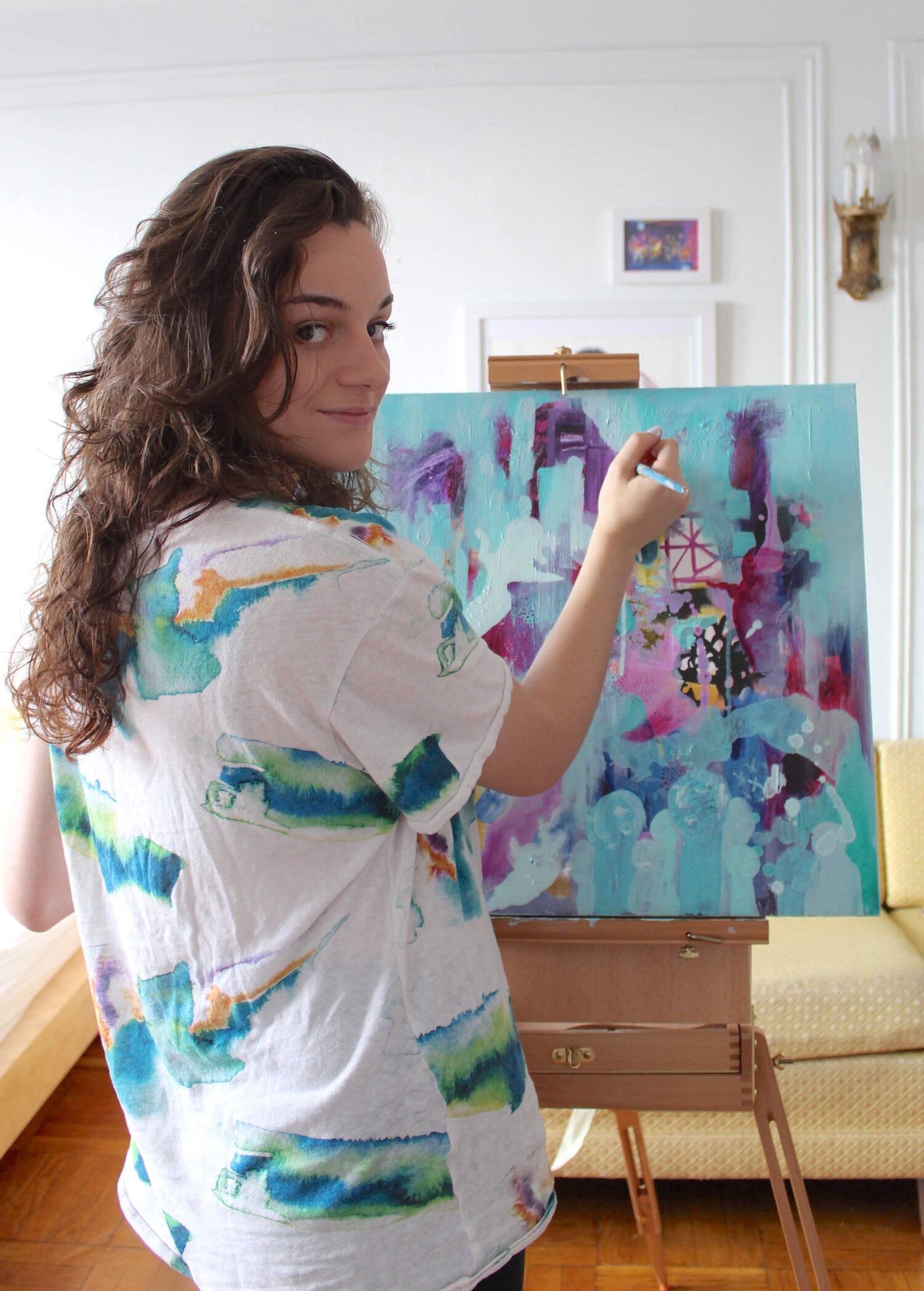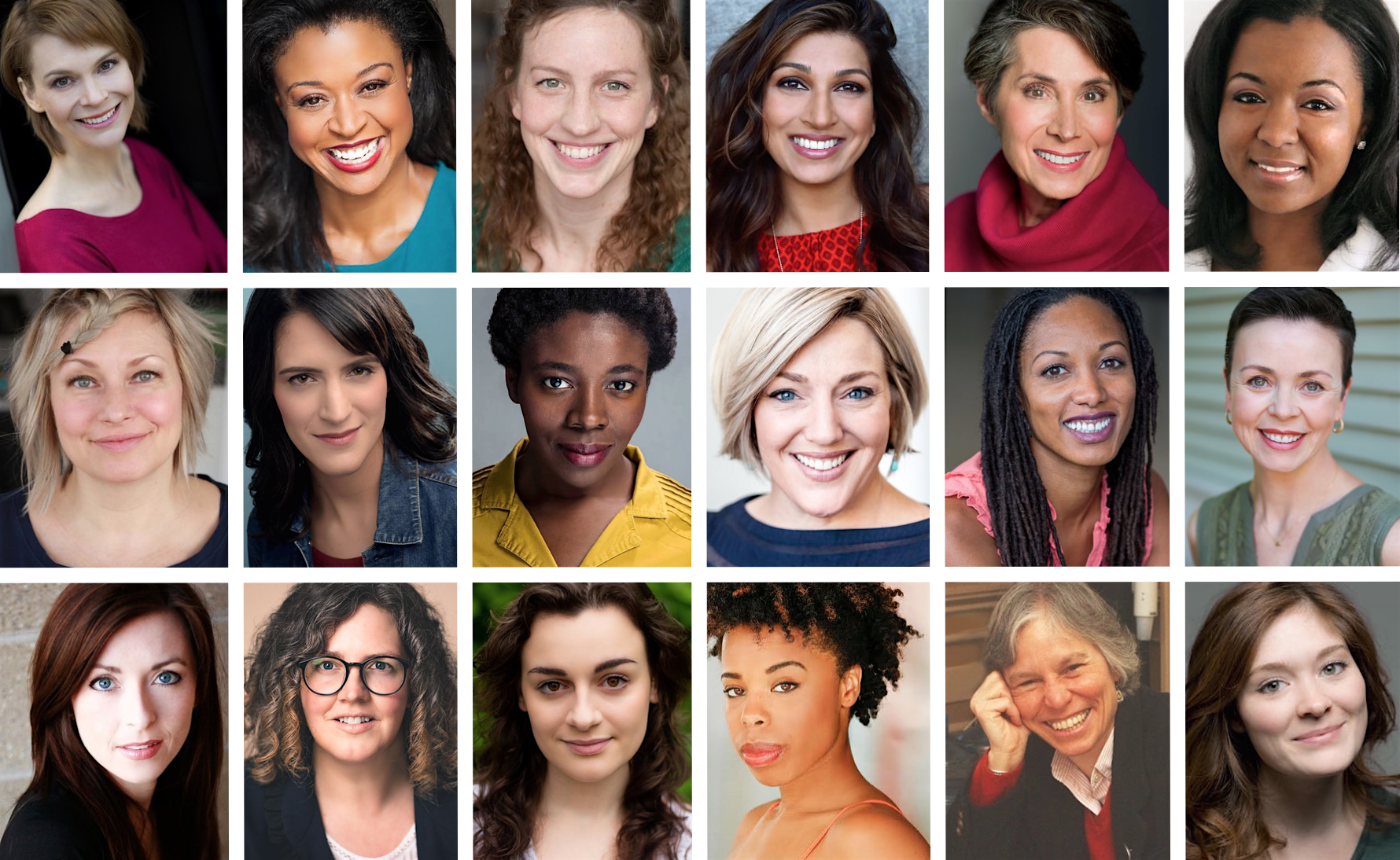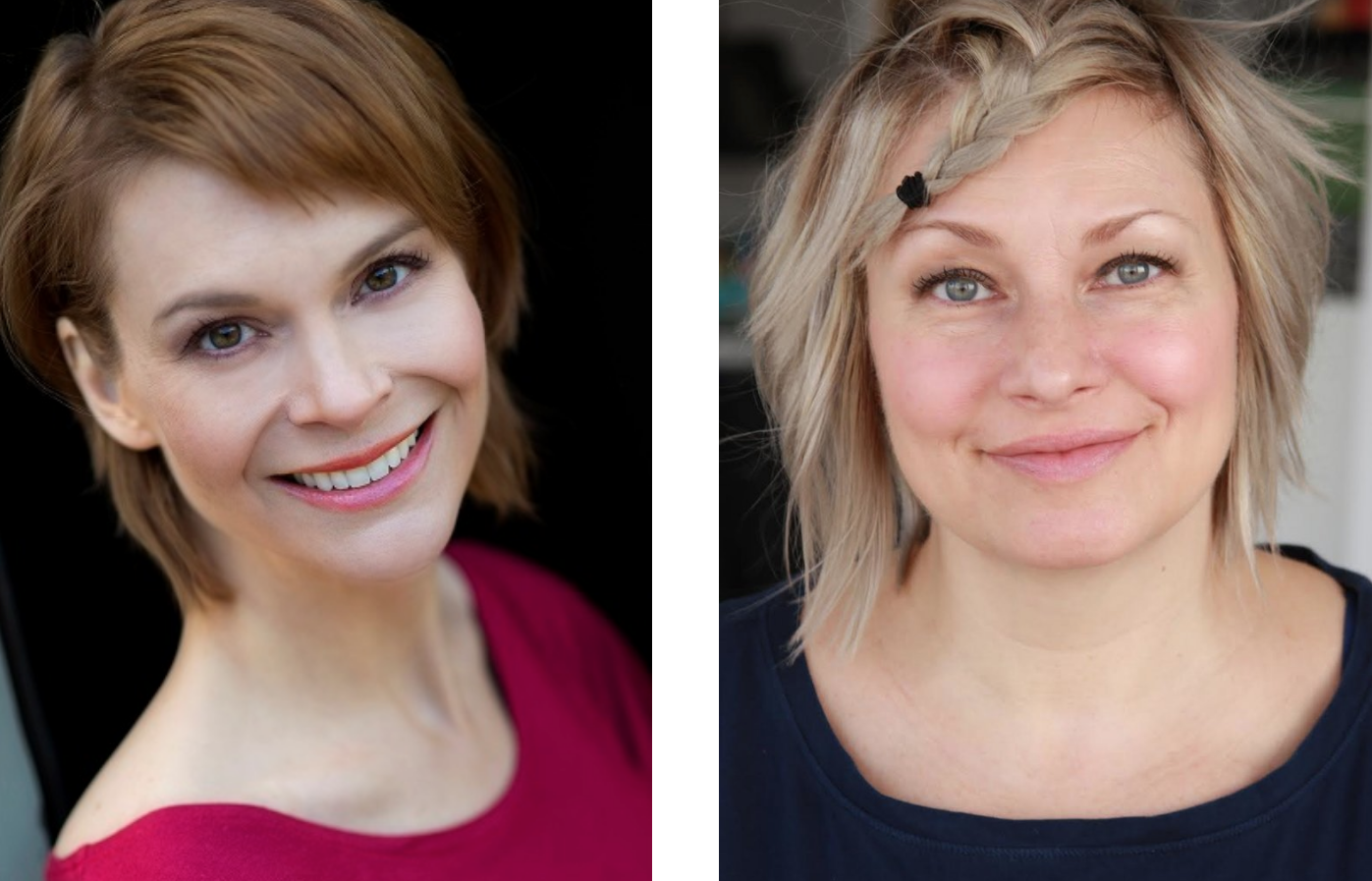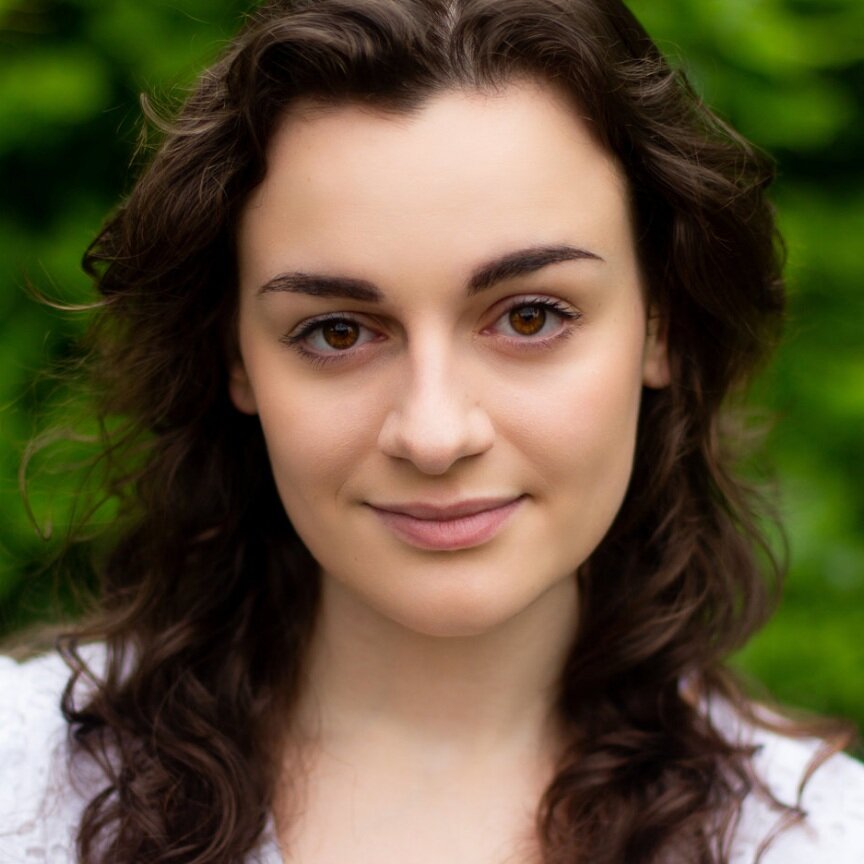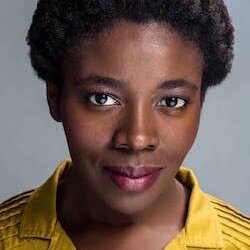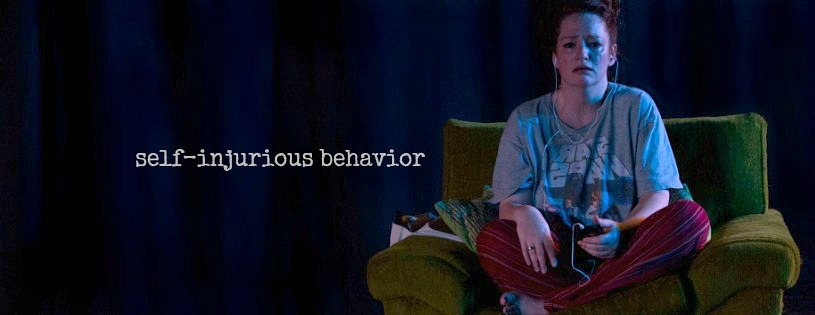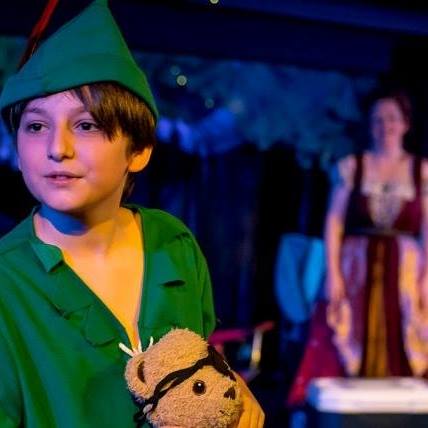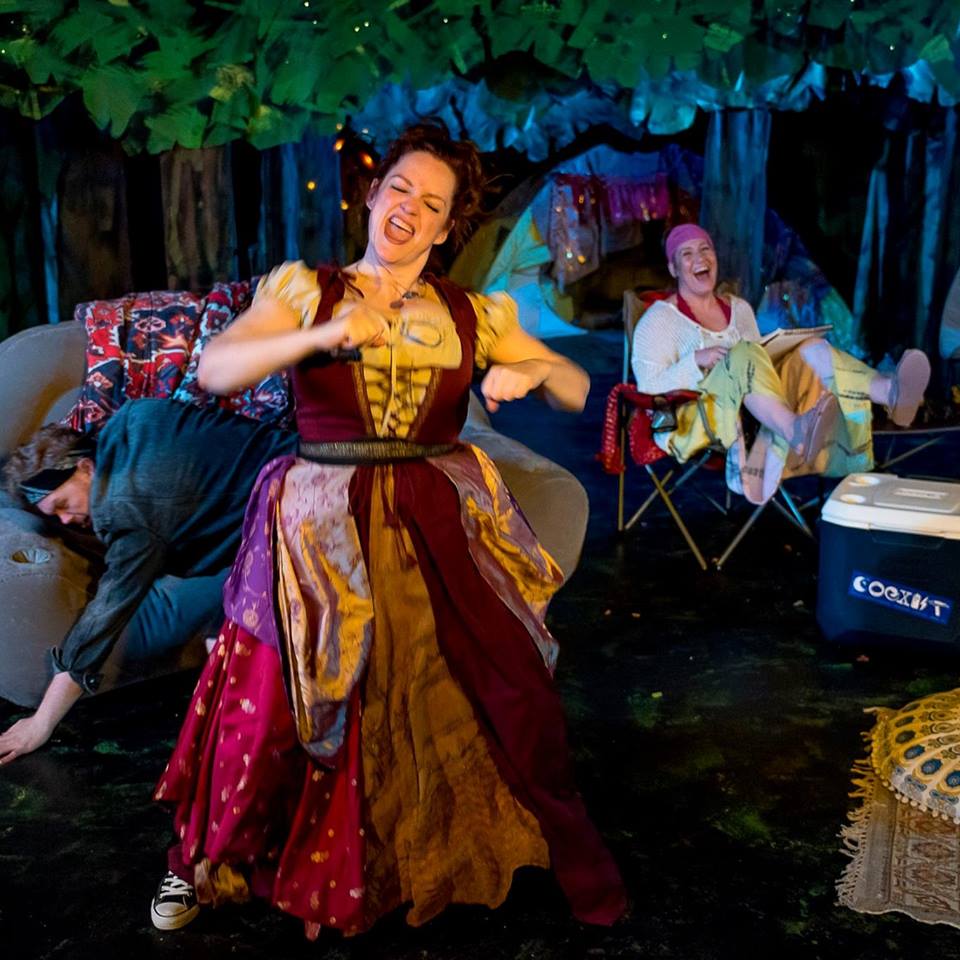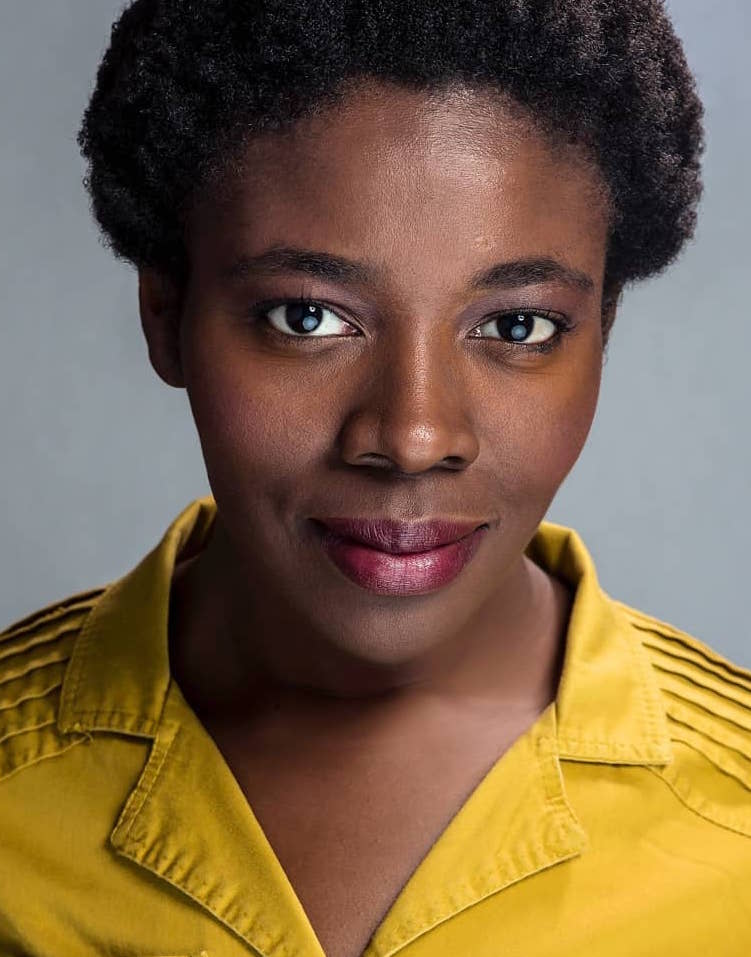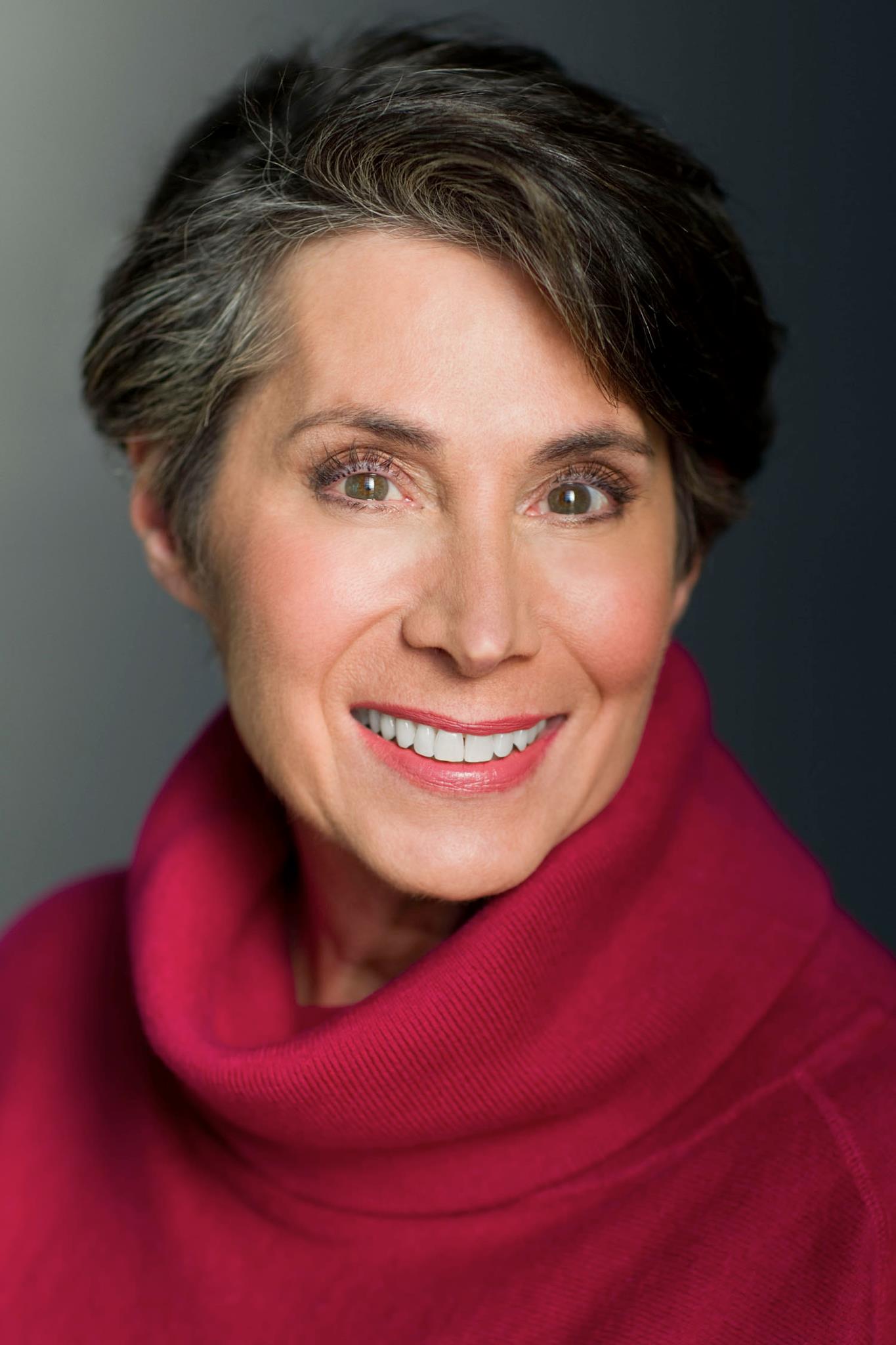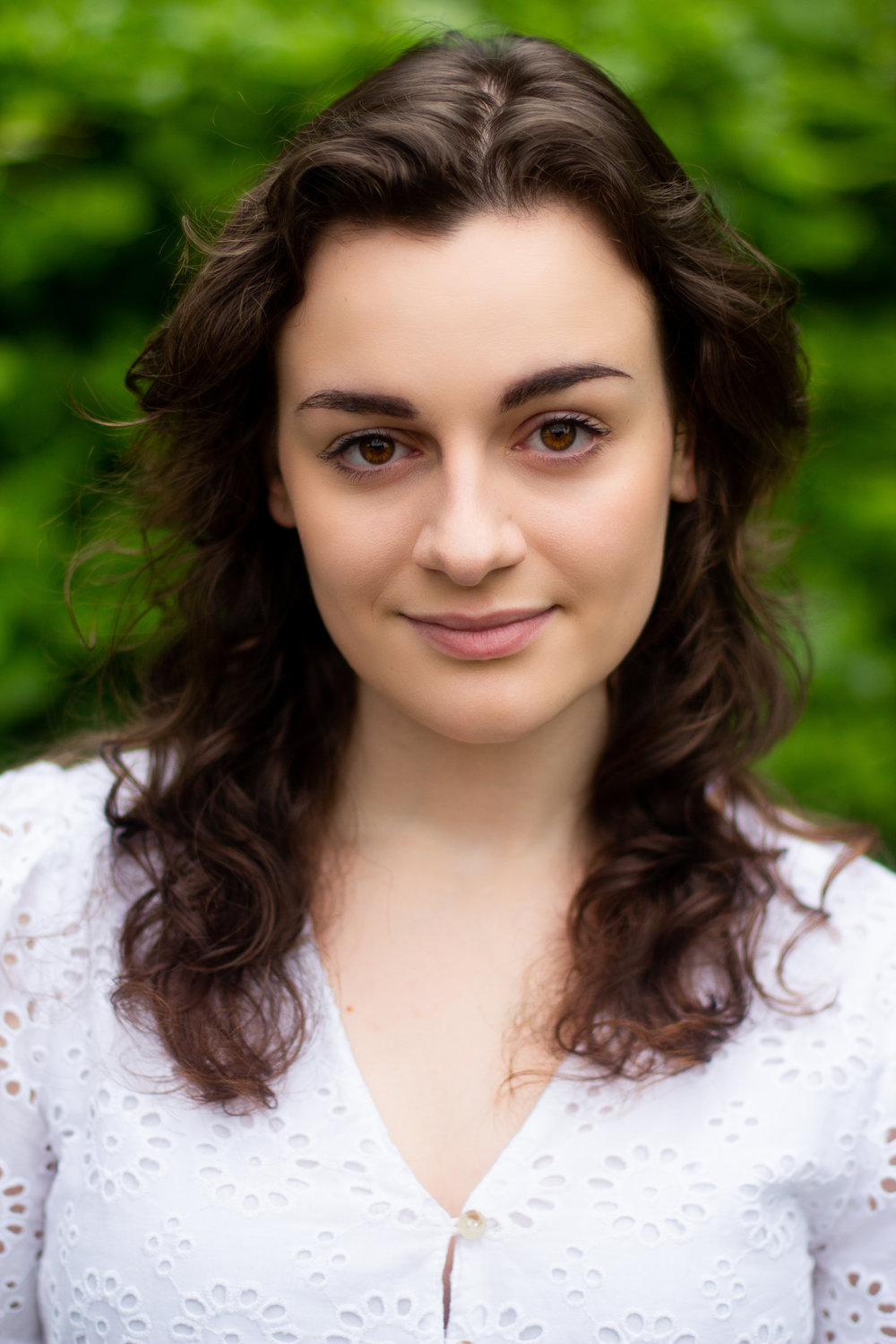New York-based painter, writer, and actor, Evangeline Stott, has been named Director of Creative Content, a newly formed role at StateraArts. At Statera, the work we promote and advocate for publicly is also the work we are doing internally. We are committed to creating pathways for women and non-binary people in the arts industry, and we are also committed to honoring the strength, passion, and vision of the many team members working within the organization.
For the past year and a half, Evangeline Stott has worked as Statera’s operations Assistant and her first encounters with Statera go all the way back to our first conference in 2015. In 2019, she was a key coordinator for the SWAN Day Calendar, author of many blog interviews, and support for forward-facing web maintenance. This newly formed position is a perfect syncronization of Stott’s talents and passion and Statera’s growth as a content creator in the gender parity movement.
In her new role, Stott will serve as community liaison, curator, and co-editor for the Statera Blog. (Did you see the new blog layout announced on Friday?) Stott will also oversee the Statera Community Calendar.
Statera Arts: What lights you up?
Evangeline Stott: Human connection. That moment of “I see you” that happens either across the table from another person while chatting in a coffee shop, or in a giant room full of people all aligned in one purpose, experiencing radical presence. Traveling (I love even the laborious, mundane parts of going ANYWHERE). Cooking for friends (creating nourishment with my hands), the first big stroke of paint on a new canvas, collaboration, using my body and voice to storytell, cold weather, blue velvet, sequins, natural light, house plants, and the first big laugh after a long, hard cry.
SA: What is your "WHY"? Meaning why do you do the work you do - your personal mission.
ES: I am most in my purpose when I am challenging my own empathy and imagination, or when I am operating as a bridge between two people, two cultures, or two ideas. I love being an active agent inside of a collaborative environment. As a visual artist, I've been investigating the connective tissue in an individual's relationships: to self, to another, to community, to society, to family. What is it that ties us so strongly to another person, or place? What bonds?
SA: How is your "WHY" integrated with your work at Statera?
ES: I know that I have the power to foster empathy by putting my ear to the ground and finding stories to share that change the narrative of what it is to be a woman or non-binary artist. I believe in developing an environment wherein consistent community leads to the fortification of artistic, holistic lives and careers. Consistency is a big word for me in regards to the work I am doing with Statera. Vital communities only thrive with regular engagement and support. Saying “yes” to a leadership role in such a forward-facing part of the work we do at Statera can be intimidating at times. I help usher forward stories that are at the forefront of the revolution in many ways. Luckily, I'm not doing this alone! I feel beyond fortunate to be a part of this small and mighty organization here, wherein my heroes sit across the table from me and teach me so much.
SA: What is your vision for the work you do at Statera?
ES: Melinda Pfundstein stated in her opening remarks at StateraCon this last fall that "Balance is a verb, not a noun." That phrase is written all over my journal, in different entries, almost as if it's a new idea to me every time I write it. I aim for the blog to be a constant agent for balance. By yeilding the power of public access we have the power to share stories that we notice are missing from the cultural narrative, especially in regards to women and non-binary artists in the margins.
Evangeline Stott painting in her studio.
I want the blog to live as an answer to helplessness; a space that feels as if it belongs to all of us, serves all of us. Our community should feel invited to leverage this space in a way that amplifies their voice and advances their work. We are re-narrating the story of women and non-binary folx in the arts, and we can't do it without you! If you have something you'd like to contribute to the blog, please reach out to me.
SA: Tell us about a mentor in your life.
ES: Gosh, Melinda and Sarah Greenman have both mentored me in a big big way, trusting me, championing me, leading by incredible example. Melinda was the first woman I knew who created work that inspired me AND showed me how to be a fierce advocate and an incredibly intentional and graceful mother. She was the first woman I saw, doing what I wanted to do. Meredith Grundei has been a mentor to me, and such a friend in the devised theatre community as she’s listened for literal hours and shared her own experience in collaborative environments with me! My mother, who taught me how to how to walk the walk of friendship and community. It is not without reason that after she passed, over 800 people showed up for her celebration of life. Her best friend, Amanda Moore, who fearlessly runs Reigning Grace Ranch in Rio Verde, Az, and who showed me what it was to work hard as hell for the humans and creatures who you refuse to turn a blind eye to. I’ve looked up to her since she directed me in my first play at age 8, and I hear her voice in my head telling me that I "have the grit for this” whenever I’m tempted to give up on my dreams. Clearly, my life has been too full of incredible women to name just one!
SA: Any upcoming projects you'd like to share with the community?
ES: The theatre ensemble I co-founded last year, August Corps, had a huge year of running training sessions, collaboratively writing ECHO (a folk play based off of the myth of Echo and Narcissus), fundraising, building a studio and residency space on a farm in Alabama, and finally, performing ECHO in an underground cave for a small audience! It was absolutely wild! Now we are recharging and meditating on what it means to build a radical community of theatre artists and truly hold each other's feet to the fire artistically. We are tending to our soil. I am also developing a movement salon with Jens Rasmussen at The Bechdel Project, which I couldn't be more excited about.
If you have something you'd like to contribute to the blog, please reach out and engage with Evangeline!
_format-1500w.png)

